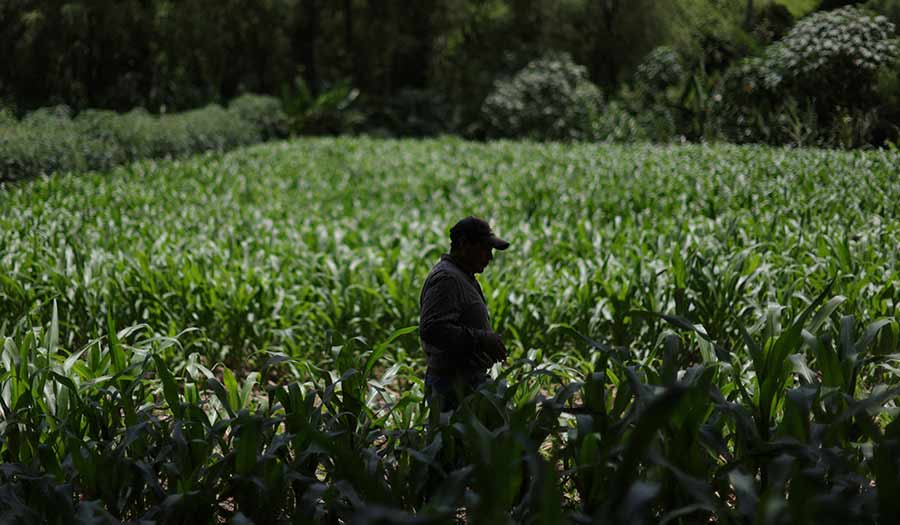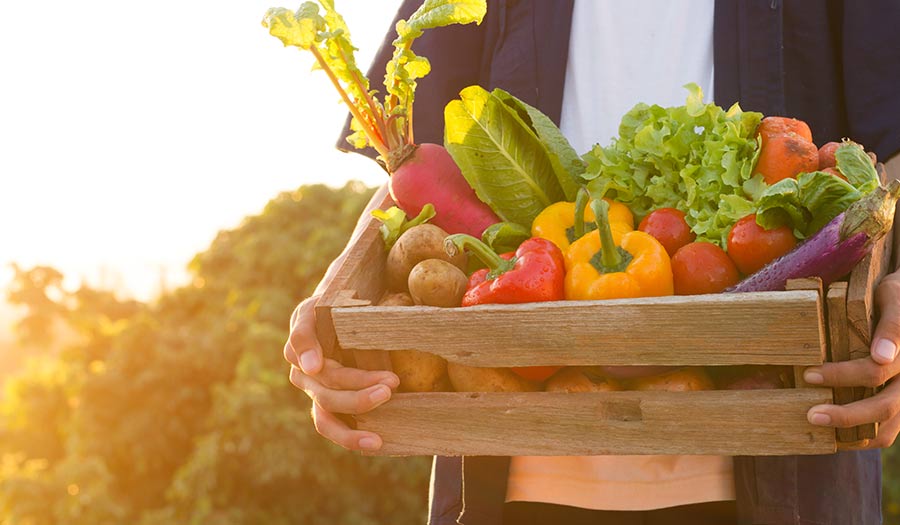 REUTERS/Pilar Olivares
REUTERS/Pilar Olivares
World News Desk
Learn the why behind the headlines.
Subscribe to the Real Truth for FREE news and analysis.
Subscribe NowSAN AGUSTIN ACASAGUASTLAN, Guatemala (Reuters) – Drought and crop failure are pervasive threats in Guatemala where hunger and malnutrition run rampant, particularly in rural areas—a reality that international aid programs are trying to curb.
Workers from the UN’s World Food Program are aiming to train people in Guatemala’s rural countryside on sustainable farming practices to help combat malnutrition.
Guatemala straddles a region known as the Central American Dry Corridor where, over the past decade, droughts have been longer and more severe, and extreme weather events like hurricanes have been causing widespread damage.
This puts families living in the Dry Corridor, particularly small and medium-sized farmers and Indigenous people, in vulnerable situations unable to properly feed their children.
Guatemala’s rate of stunting is consistently one of the highest in Latin America, UNICEF data shows. In 2022, 44 percent of children in Guatemala fell outside of the normal height-for-age range.
“Before we didn’t know what fish farming was. There was a lot of malnutrition here,” said Lilian Ramos, a fish producer in the Tecuiz community of San Agustin Acasaguastlan, a town in the Dry Corridor.
Her young children accompany her to a pond where she tosses in a net, retrieving multiple fish.
“We started with a small well and we saw how we grew little by little,” Ramos added.
The World Food Program training emphasizes the use of innovation and anticipatory actions to minimize damage to crops and food sources, enabling community farms to endure difficult weather challenges and continue producing.
“We do see some improvements...it is an excellent model that, even in terms of permeation, is an example for other countries that are also facing challenges from climate change,” said Tania Goossens of the World Food Program in Guatemala.
To learn God’s principles of sustainable farming, read Does God Care How We Grow Our Food?
- Real Truth Magazine Articles
- SOCIETY & LIFESTYLES
 Does God Care How We Grow Our Food?
Does God Care How We Grow Our Food?
More on Related Topics:
- Why Freezing Rain Has Millions at Risk of Losing Power—and Heat
- Firefighters Face Attacks, Drones and Arsonists While Battling Deadly Blazes in Chile
- ‘It’s Not Safe to Live Here.’ Colombia Is Deadliest Country for Environmental Defenders
- ‘Everything Destroyed’ as Indonesia’s Aceh Grapples with Disease After Floods
- A Drying-Up Rio Grande Basin Threatens Water Security on Both Sides of the Border


